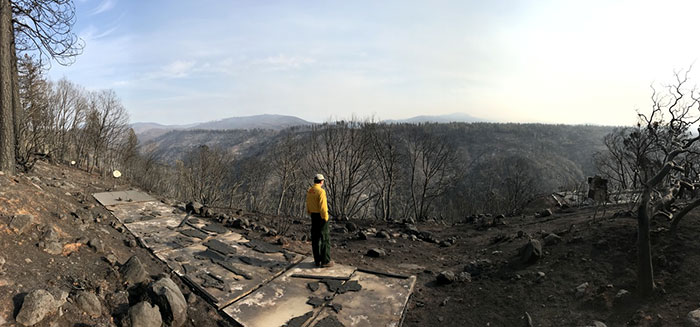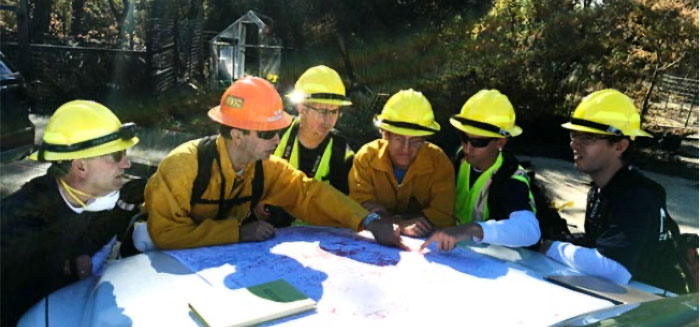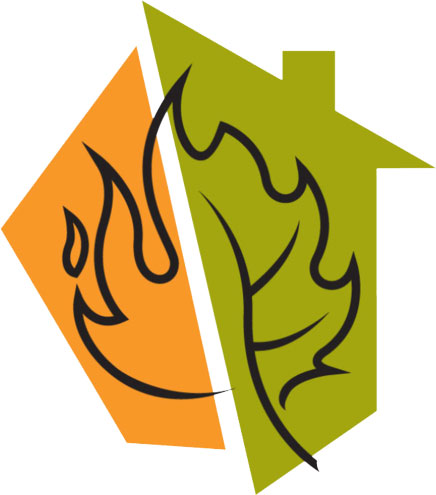Spokane family escapes Eagle Creek fire
Residents, Forestry Officials Clash Over Sunriver Wildfire
Sunriver residents raise wildfire concerns
Lack of roads into Sunriver makes wildfire evacuation a challenge
Spinning a Yarn
Hiking near wildfire zones
Our WUI Advertisement
Our gorgeous community in Central Oregon is surrounded on three sides by 1.8 million acres of the Deschutes National Forest along with other BLM land. We have become involved in the Wildland Urban Interface (WUI) or the Forestland-Urban Interface as it pertains to safety.
As we researched ways to protect our home and community from wildfires widely recognized as bi-products of climate change, we simultaneously developed the core of Portland Woolen Mills. We’re a wool textile company specializing in a new, renewable, cold weather insulation for our military that needed it for extreme cold weather. We also use a special tree pulp fiber technology for use in fire resistant base layers that were purchased for US Special Forces over the years.
As the result of enjoying outdoor recreation and activities, the value of a healthy and pristine wilderness comes into incredible focus. We have reduced the use of synthetic fossil fuels and chemicals in our textiles to minimize some of the causes of climate change and pollution.
During previous decades, many cultures around the world have consumed vast amounts of consumer goods based on fossil fuels. Polyester is a plastic like that used for water bottles and is made with the same PET chemicals. When produced as microfiber, tiny particles wind up in our precious oceans, which causes a myriad of environmental problems. So reducing the consumption of polyester is near the top on our list of priorities.
Producing goods based on fossil fuels contributes to climate change, which has led to higher and drier temperatures. Thus, since 2007 over 56 million acres of public lands have burned and the average size of wildfires is about 100,000 acres per fre. The resulting smoke can travel 100 miles and affect the air quality of our towns and communities.
We have reduced the use of plastic in our lives and in Portland Woolen Mills. Our supply chain is in the USA. We hope people come to enjoy nature more and more, since it contributes to an awe, respect and love for pristine, healthy wilderness. Our products are tailored to keep our customers comfortable and happy knowing that our impact on the environment is minimal.
New Timeline of Deadliest California Wildfire Could Guide Lifesaving Research and Action

2015 Camp Fire
Preliminary Reconnaissance



